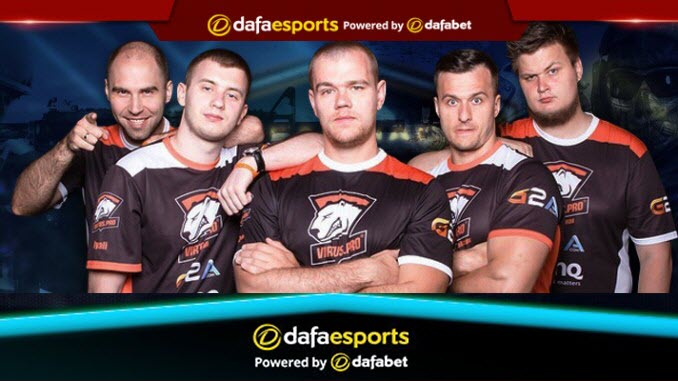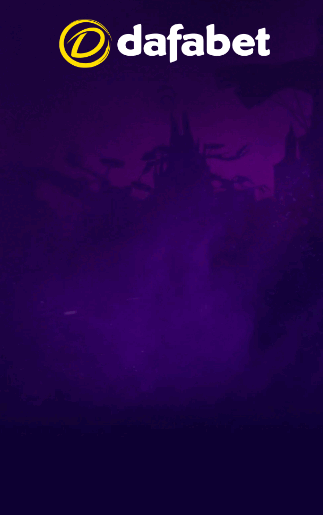
The latest ESL One event in Katowice was the first time that the Polish city had ever hosted a Dota 2 Major, with the event taking place on the eve of the 10-year anniversary of ESL organising Dota 2 tournaments.
The first Major of 2018 delivered some surprises, but ultimately, one of the favourites claimed the prize. The winners were Virtus.pro, who despite the drama caused by their recent roster change, grabbed their second Major of the season alongside $400,000 and 750 DPC points. Another accolade that the Russians achieved was to become the first team to win two ESL Dota 2 events.
Path to the Finals
Virtus.pro started the tournament in Group A against OpTic Gaming and, as expected, did not have much trouble overcoming their opposition.
Mineski did not prove to be a serious obstacle either and were defeated 2-0 by the Russian team.
In the Winners’ Bracket Final, however, Virtus.pro were taught a lesson by Vici Gaming, losing 2-0, which meant they would start the knockout phase at the quarterfinals stage rather than the semis. A real challenge was awaiting them there as they had to play EG, who had not been beaten by a Virtus.pro roster since March 2015. This was Virtus.pro’s tournament, however, and the Russians broke the curse by winning 2-1.
Virtus.pro found the unlikely Fnatic in the semifinals and they were comfortably dispatched 2-0, which set up a rematch in the Finals against Vici Gaming.
One match from triumph
The interviews before the big game suggested that the Russians were a lot more confident facing Vici Gaming again and this was demonstrated in their play.
Virtus.pro’s plan was to set an early fast tempo, pressuring Vici Gaming throughout the map with the aim of concluding games before they reached the late stages.
Thanks to RodjER and Solo’s timely rotations, Virtus.pro managed to secure early kills in Game One and get the upper hand in the laning stage. Having gained significant momentum, Virtus.pro continued to dominate the map, while Vici Gaming did not really know how to respond to the aggression, which ultimately resulted in their concession.
The second game started at a lower tempo and was much more evenly contested. Virtus.pro entered the mid game with a slight advantage by winning several small engagements thanks to the enhanced vision from better placed wards. On the front foot yet again, Virtus.pro gradually started applying more pressure and tightened the noose around their opponents to end the fastest game in the series in their favour.
VG went for a better team fight suited line-up in the third game. Similar to the previous game, this one was contested in the laning stage, but once VG started grouping up, their better team fight potential alongside a more ruthless execution allowed them to secure victory. Ori shone on his Puck in particular.
Virtus.pro let VG draft Terrorblade in what proved to be the last game despite the trouble he had caused in Game Three. Their plan to stop him was a Tiny pick, who in 9pasha’s hands managed to ruin his laning stage and prevent him from farming, unlike in the previous game. In not allowing Terrorblade to farm, Virtus.pro won both the offlane and safe lane in the laning stage. Having established control, VP had few obstacles to overcome in order to sweep the map and despite a desperate resistance from VG, the Russians triumphed in a little over 30 minutes.
Virtus.pro 2.0 – what has changed since RodjER’s arrival?
Lil’s departure and RodjER’s introduction in what eventually turned out to be a swap between Na’Vi and Virtus.pro was accompanied by its fair share of drama. However, despite all of this, the basic reality is that RodjER is a better player than Lil.
In the acrimony, what was revealed about Lil was that he lacked the necessary work ethic and ability to adapt his play style to the requirements of the current meta. Lil had proven that he can be versatile enough to play as a pure support, as well as being able to switch to a core role, meaning the team could effectively play as four cores. Most famous for doing this with Weaver, Lil used his skills to help his team as an extra core. Virtus.pro achieved some significant results while employing this tactic, but as the meta changed (and perhaps other teams got used to this play), Lil’s contribution and performances started to be questioned, none more so than on the stage of The International 2017.
RodjER, on the other hand, is one of the best performing position 4 players in the world and some of Virtus.pro’s squad (Solo, 9pasha and RAMZES666) had a chance to play alongside him in the WESG 2017 Europe qualifiers. According to his new captain, Solo, RodjER has a better understanding of the game whereas Lil was struggling with understanding his role in the new meta (effectively whether to support the mid lane or help the hard lane).
Added to this, RodjER certainly demonstrated that his movement around the map in the laning stage as well as his timing are both impeccable as the team would often gain the momentum after his rotations or attacks from the jungle. He also demonstrated versatility by playing heroes who prefer either ganking, jungling or the team fight to various degrees (Chen, Sand King, Naga). When his team needed him to gank, he was there to make the move and secure the kills. On other occasions, he needed to farm crucial items so that he could bring in significant pushing power. His efforts and contributions were recognized by the audience and eventually he was chosen as the official MVP of the tournament.
Virtus.pro’s style has not changed significantly since replacing Lil with RodjER. The Russian team like to play aggressive, fast-paced Dota and to control the tempo of the game. Virtus.pro like to build an advantage and apply pressure right from the laning stage. They then like to capitalise on this, peaking in the mid game where they tend to group and force team fights, get objectives and advance to the enemy base. They prefer to conclude games around the 30 to 35-minute mark and excel at coordinating their moves as a team by finding the best possible position to pick a gank or win a team fight.
Virtus.pro were certainly not flawless in Katowice, securing a pretty underwhelming record of 10 wins and four losses. They needed some time to get going and gradually improved their game over the course of the tournament. As a trend, the team was at their strongest in the early and mid-game and the longer the game went on, the more likely they were to lose – indeed three of their four losses came in games which were more than 35 minutes long. In the Finals, Virtus.pro won all their three games around the 30-minute mark (29:45, 25:10 and 32:56), while both of their losses in the group stage against Vici Gaming were after more than 50 minutes of play.
Final words
Of all the top contenders, it seemed that Virtus.pro were the ones least talked about heading into the tournament and it certainly took them some time to get going.
However, it can be said that Virtus.pro are again at the top of their game and RodjER has freshened the outfit with his performances. With two Majors under their belt already this season, Virtus.pro are now on the top of the Dota 2 Pro Circuit rankings with 4947 points and are one of the strong favourites to secure TI8 later this year.







